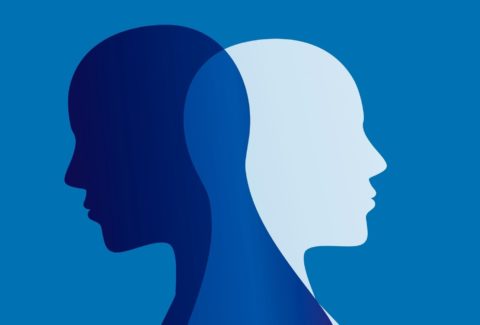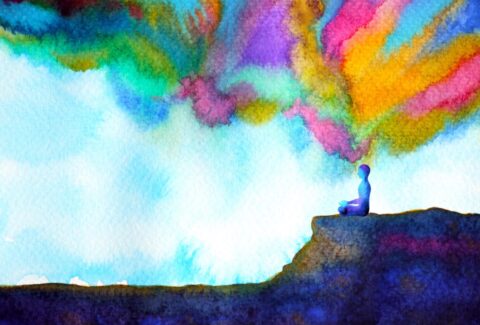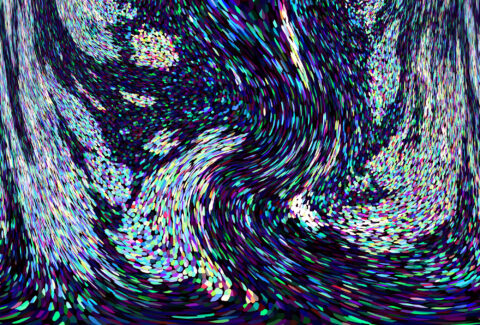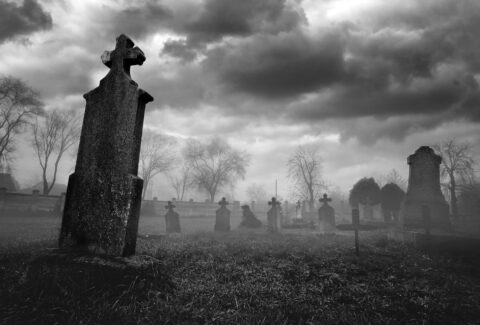The Essence of Freedom: An Existential Perspective on Human Liberation
What does it mean to be free? The word “freedom” is often associated with political rights, social liberties, and the absence of external constraints.[1] But true freedom—deep, existential freedom—extends far beyond these definitions. It is not merely the ability to act without restriction but the profound realization that we are the architects of our own existence.
Freedom is exhilarating, but it is also terrifying. It liberates[2] us, but it also burdens us with responsibility. It offers endless possibilities, but it also forces us to confront uncertainty, choice, and the weight of our own decisions. In existential therapy, freedom is not something to be attained—it is something we already possess, whether we acknowledge it or not. The real question is: What will we do with it?
What Is Freedom?
Freedom is often misunderstood as the absence of limitations.[3] But human life is filled with constraints—biological, social, and psychological. We do not choose where or when we are born, we cannot control the inevitability of death, and we are bound by the conditions of the world we inhabit. However, existential philosophy teaches us that freedom is not about escaping constraints; it is about how we respond to them.
Jean-Paul Sartre, one of the key figures in existential thought, argued that human beings are “condemned to be free.” He meant that we are thrown into existence without a predetermined purpose, and because of this, we must create meaning for ourselves. There is no external authority dictating our essence—we define ourselves through our choices.[4]
Sartre’s words may sound empowering, but they also highlight the burden of freedom. If we are truly free, then we cannot blame fate, society, or circumstance for our condition. We must take full responsibility for our actions, our beliefs, and the direction of our lives. And herein lies the paradox of freedom: Many people fear it more than they desire it.[5]
The Anxiety of Freedom
True freedom is not easy. It brings with it an overwhelming sense of responsibility. The moment we recognize that we are free, we can no longer hide behind excuses. We must confront the reality that we are responsible for our happiness, our suffering, and ultimately, the course of our existence.[6]
This recognition can lead to existential anxiety. Søren Kierkegaard, the father of existentialism, described anxiety as “the dizziness of freedom.” When faced with infinite possibilities, we can become paralyzed by choice.[7] We fear making the wrong decision, so we delay, avoid, or seek external authorities to tell us what to do.
This avoidance is what existentialists call “bad faith”—a self-deception in which we deny our freedom by conforming to societal expectations, rigid roles, or false narratives. When we refuse to own our freedom, we surrender our authenticity. We become trapped not by external forces, but by our own unwillingness to claim responsibility for our lives.
Existential Therapy: Reclaiming Our Freedom
Existential therapy is built upon the recognition that freedom is both a gift and a challenge.[8] It does not seek to remove anxiety, suffering, or uncertainty but to help individuals face these realities with courage and awareness. The therapist’s role is not to provide answers but to illuminate the ways in which a person may be avoiding their own freedom.
Key principles of existential therapy include:
- Freedom and Responsibility – Recognizing that we are the authors of our own lives and must take responsibility for our choices.
- Authenticity – Living in alignment with one’s true values rather than conforming to societal pressures or external expectations.
- Courage in the Face of Uncertainty – Accepting that life offers no absolute security, but embracing the unknown as a space of possibility.
- The Power of Choice – Understanding that every moment presents an opportunity to redefine oneself.
Breaking Free from Self-Imposed Chains
Many people live as prisoners of their past, their fears, or their learned helplessness. They believe that because they have suffered, because they have made mistakes, or because society has placed them in certain roles, they are not free to change. But existential therapy challenges this notion.
Viktor Frankl, a psychiatrist, and Holocaust survivor, demonstrated the power of inner freedom in the most extreme conditions.[9] Stripped of everything, and subjected to unimaginable suffering, he discovered that while he had no control over external events, he still had control over his response.[10] He famously stated:
Between stimulus and response, there is a space. In that space is our power to choose our response. In our response lies our growth and our freedom.
Freedom, then, is not about external circumstances—it is about inner autonomy. It is about reclaiming our power to choose, even in the face of hardship. It is about recognizing that while we cannot always control what happens to us, we can always control how we relate to it.
Living as a Free Being
To embrace freedom is to embrace responsibility. It means no longer waiting for permission to live fully. It means stepping beyond fear and taking ownership of one’s existence.
Some questions that existential therapy encourages us to ask ourselves include:
- Am I living in alignment with my deepest values, or am I merely following a script given to me by others?
- Where in my life am I surrendering my freedom out of fear or habit?
- What choices am I avoiding because they require me to take full responsibility for my life?
- What would it look like to live as a truly free being?
Conclusion: The Courage to Be Free
Freedom is not something given to us—it is something we must claim. It is not about living without limits but about consciously choosing how we respond to life’s realities. Existential therapy reminds us that we are not victims of fate but active participants in the unfolding of our own lives.
To be free is to own our choices, to live authentically, and to embrace the uncertainties of existence with open arms. It is to recognize that every moment is an opportunity to begin again. And in that realization, we find not only freedom but the deepest sense of empowerment a human being can experience.
Would you like to help your patients and clients find freedom, authenticity, and meaning in life? If so, join us for our 8-week Existential Psychotherapy Certificate Course, held virtually starting on February 26, 2025. Click HERE to register.
[1] Knight, Frank H. “The meaning of freedom.” (1941): 86-109.
[2] List, Christian, and Laura Valentini. “Freedom as independence.” Ethics 126.4 (2016): 1043-1074.
[3] Kristjánsson, Kristján. Social freedom: The responsibility view. Cambridge: Cambridge University Press, 1996.
[4] Howells, Christina. Sartre: The necessity of freedom. Cambridge University Press, 1988.
[5] Sartre, Jean-Paul. “Freedom and responsibility.” Essays in existentialism. New York: Kensington (1993): 63-68.
[6] Cope, Charlotte. “Freedom, responsibility, and the concept of anxiety.” International philosophical quarterly 44.4 (2004): 549-566.
[7] Söderquist, K. Brian. “Kierkegaard and Existentialism: From Anxiety to Autonomy.” A companion to Kierkegaard (2015): 81-95.
[8] Todres, Les. “Experiential–Existential Therapy: Embodying Freedom and Vulnerability.” Existential Therapy. Routledge, 2012. 67-80.
[9] Hillmann, Manfred. “Viktor E. Frankl’s existential analysis and logotherapy.” Handbook of Motivational Counseling 357 (2004).
[10] Frankl, Viktor E. “Logotherapy and existential analysis—a review.” American Journal of Psychotherapy 20.2 (1966): 252-260.







